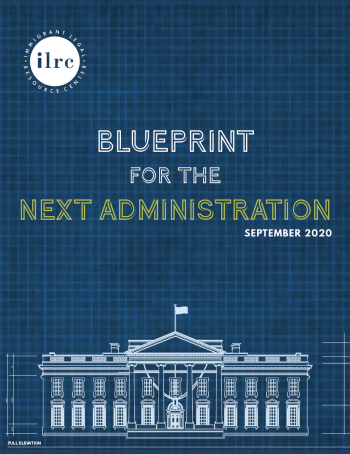
2020 has proven to be one of the most tumultuous years in recent history. We have struggled to survive a deadly global pandemic and faced a national reckoning on racial inequity and police brutality. Over the past four years, immigration enforcement tactics have continued to instill fear, and any protection policies have been decimated. Immigrant communities face the constant threat of deportation and essential immigrant workers, such as farmworkers, face inhumane and exploitative working conditions. As we think about immigration policy in the days and months ahead, we must reject the notion that certain community members can be treated as disposable. Our immigration policies must be guided by values that uphold the dignity of all immigrants and bring us closer to becoming the country we promise to be.
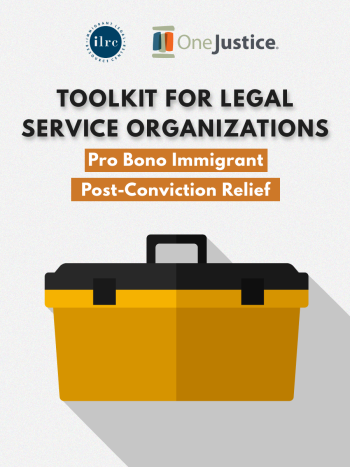
This toolkit is designed for legal service organizations who want to engage pro bono attorneys in providing immigrant post-conviction relief screening and services. It contains tools to run a legal clinic to screen for crim/imm issues and post-conviction relief options, tools to perform case-specific legal analysis for noncitizens with prior convictions, and tools to place and supervise post-conviction relief motions with pro bono attorneys. Although this toolkit was designed with pro bono engagement in mind, many tools may also be useful to organizations expanding their own immigrant post-conviction relief practice.
This toolkit will help reentry service providers expand services for noncitizens impacted by the criminal legal system. It offers an escalating service menu, starting with tools to provide general information about how a conviction can impact immigration status, advancing to tools to help clients gather information necessary for an individualized legal analysis, tools to perform that analysis, and last, tools to pursue immigration-related post-conviction relief. This toolkit was designed with reentry providers in mind, but may also be useful for immigration legal providers serving clients with prior records.
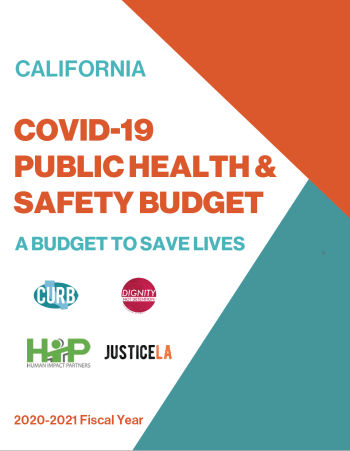
The COVID-19 pandemic demands a bold, urgent public health response for incarcerated communities. Even before this health crisis, California’s jails, prison system, and immigration detention centers were dangerously overcrowded and medically negligent. The Dignity not Detention Coalition, in partnership with CURB, JusticeLA, and Human Impact partners, created A Budget to Save Lives, a community-based decarceration strategy which presents intersectional reforms in five key areas including: Jail population reduction, prison population reduction, immigration detention population reduction, youth decriminalization & decarceration, and community-based services & alternatives to incarceration. Now more than ever before, it is imperative that California divest from criminalization and incarceration and invest in cost and life-saving solutions for the health and wellbeing of our communities.
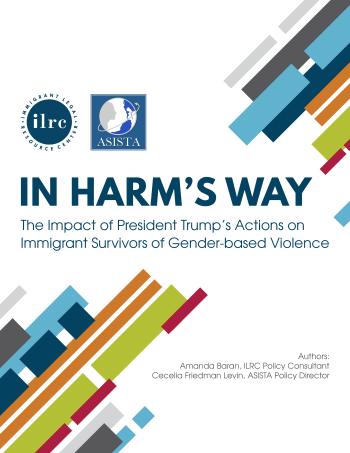
Immigration policies put forth under President Trump have had a unique and significant impact on immigrant survivors of gender-based violence, who now face even greater barriers to access safety and justice. This report seeks to document the impact of President Trump’s administrative actions on immigrant survivors of gender-based violence and to examine how the Trump administration has empowered abusers to use institutions and systems to silence survivors.
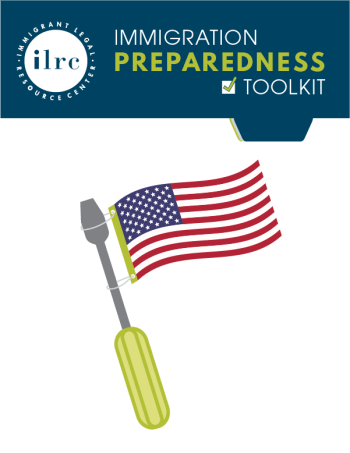
The ILRC’s Immigration Preparedness Toolkit is a resource-packed informational document designed to help immigrants with no legal status or in mixed status families begin to understand the immigration legal landscape and plan for their own journey through an ever-changing, complex system in the United States. This free toolkit offers in-depth, yet easily accessible information that outlines the basics about a variety of topics including: your rights during ICE confrontations, the different types of immigration options available, ideas for building your consultation roadmap, and tips on covering your bases while waiting for relief. This 13-page resource also incorporates links to other helpful reference documents, fact sheets, and tools readers can use to construct their own personalized plan.
Sanctuary policies have been under attack since the 2016 presidential campaign and throughout the Trump administration. Nonetheless, these policies have continued to expand, both geographically and in terms of substantive policy content and protections. This detailed report describes what sanctuary policies are and how they are enacted across the country, detailing the changes over the last three years and providing context to the public discourse about local policies related to immigration. It is accompanied by our live national map with data on county-level involvement with ICE: www.ilrc.org/local-enforcement-map.
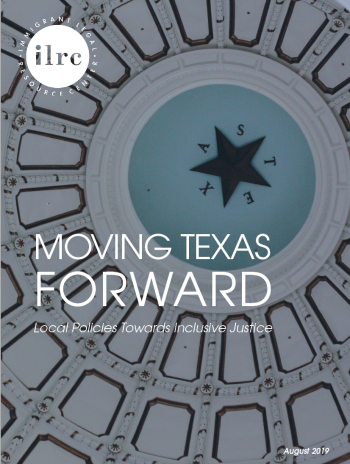
Moving Texas Forward: Local Policies Towards Inclusive Justice was created for the many organizations and elected officials in Texas that are struggling to find solutions to disrupt the harmful arrest-to-deportation pipeline. Texas has helped deport more people than any other state. In fiscal year 2017, more than 395,000 people, or 17% of all deportations nationwide, were deported from Texas. Texas’ role in the detention and deportation of immigrants has increased under the Trump administration and will continue to increase because of SB 4. This guide attempts to provide a comprehensive and thorough look at some of the ways advocates, policymakers, and local law enforcement can work together to minimize the arrest-to-deportation pipeline.
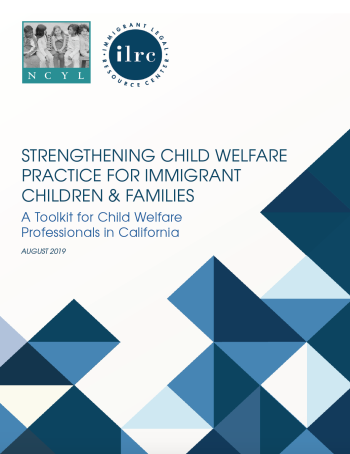
Immigrant children and families in the child welfare system face unique barriers to permanency and well-being. In some cases, their involvement in the child welfare system also presents distinct opportunities for seeking lawful immigration status. With half of all children in California coming from an immigrant family, child welfare agencies in California must be equipped to effectively support immigrant children and families on the pathway to permanency. The objective of this Toolkit is to provide guidance to child welfare agencies in California working with immigrant children and families.
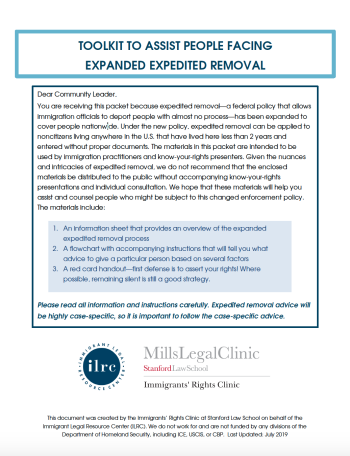
On July 23, 2019, DHS issued a notice, expanding the reach of expedited removal to individuals who have been living in the United States for two years or less, and who live anywhere in the United States. This would allow noncitizens to be deported without an opportunity to gather evidence or to present their case to a judge. On August 6, 2019, the American Immigration Council, the American Civil Liberties Union, and the law firm of Simpson Thatcher & Bartlett LLP filed suit challenging the legality of this expansion, Make the Road New York v. McAleenan, Case 1:19-cv-02369. On September 27, 2019, the court granted a preliminary injunction in this case, which blocks the expansion of expedited removal from taking effect while the court decides the case.